Three-month UNITAMS wind-down as UNSC ends Sudan mission
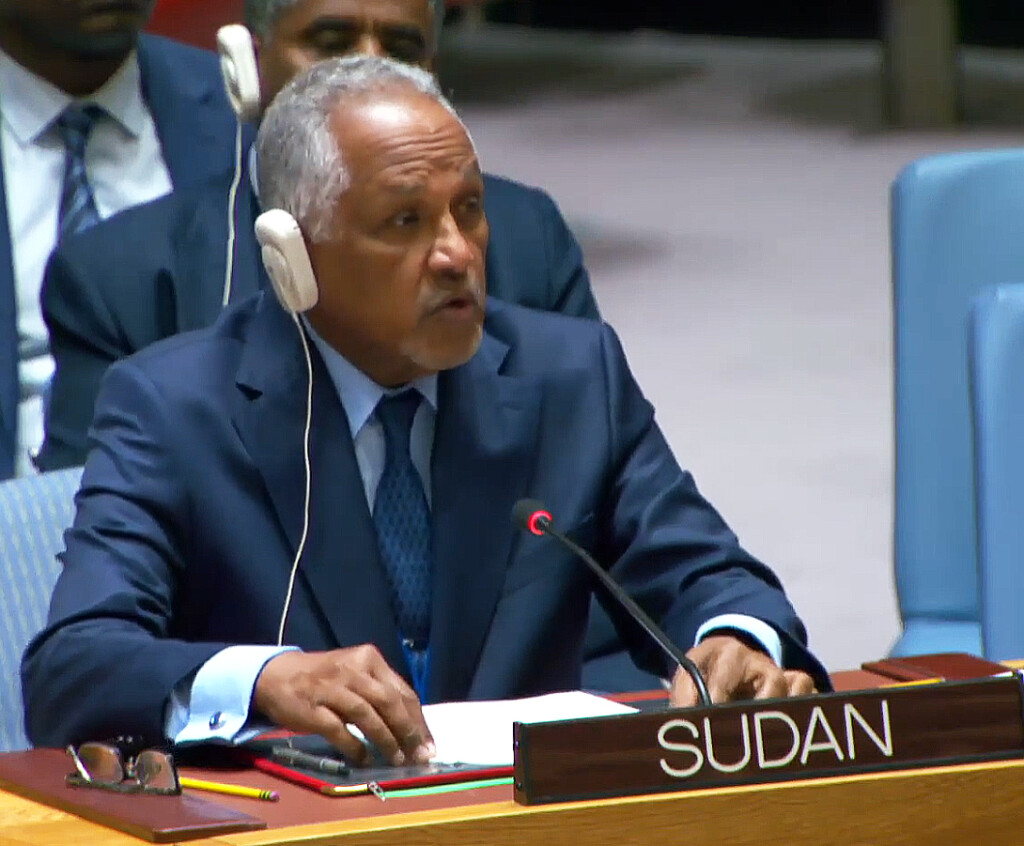
Sudan's permanent representative to the UN, Daffa-Alla Osman addresses the UNSC on Friday (Photo: UNTV)
The United Nations Integrated Transition Assistance Mission in Sudan (UNITAMS) has been instructed by the UN Security Council (UNSC) to begin the cessation of its operations tomorrow, and transfer its tasks to UN agencies, funds, and programmes.
This follows the decision by the UNSC, as reported by Radio Dabanga on Friday evening, to terminate the mandate of UNITAMS, which was due to expire today, adopting Resolution 2715 (2023). The mission will now begin winding down its operations over a three-month period slated to end on February 29 2024.
The resolution, which was carried with 14 votes in favour, none against, and one abstention (Russian Federation), was triggered by a letter to the UNSC from the Sudanese government in mid-November announcing a decision “to terminate the UNITAMS mission with immediate effect“.
Addressing the UNSC following Friday’s vote, Sudan’s permanent representative to the UN, Daffa-Alla Osman, said that the country’s senior leadership is working to stop the war and revive an expanded political process that will lead to free and transparent elections, which will hand power over to a civilian-elected government. He thanked the UNSC for responding to the Sudanese government’s request to terminate the Mission’s mandate, and affirmed the government’s keenness “to work constructively with the United Nations country team”. This includes cooperation with the United Nations Office for the Coordination of Humanitarian Affairs (OCHA) to deliver relief to those in need.
“Ending the war is a top priority for the government,” he said, reiterating Sudan’s commitment to enable the delivery of emergency relief from Port Sudan to all parts of the country. He stressed that the government’s engagement with the UN will include cooperation with the new personal envoy of Secretary-General António Guterres, Ramtane Lamamra of Algeria.
Osman also renewed the Sudanese government’s commitment to cooperate with the United Nations on measures needed to facilitate the mission’s liquidation, exit of staff ,and removal of equipment, he said.
Friday’s vote follows months of friction between the junta and the mission, during which former UNITAMS head Volker Perthes, had a tenuous relationship with the Sudanese military government, especially since the start of the hostilities between the Sudan Armed Forces (SAF) and the paramilitary Rapid Support Forces (RSF) in April.
Perthes, who was interviewed by Radio Dabanga in May, resigned in September, citing ongoing pressure on his person from the Sudan junta, including being declared persona non grata, which made is position untenable. The UN said at the time that the junta declaration was contrary to the obligations of States under the Charter of the United Nations.
UN Secretary-General António Guterres voiced his candid frustration regarding Sudan at a press conference in New York on Wednesday. Guterres lays the blame for the ongoing war and humanitarian catastrophe in Sudan squarely at the feet of “two generals that completely disregard the interests of their population”.
United Kingdom
Extrapolating on the vote, delegates from several countries, including the UK, who as ‘penholder’ drafted the resolution that was passed, noted that it was not their first choice to terminate the mission, while many delegates underlined the necessity for an orderly wind-down.
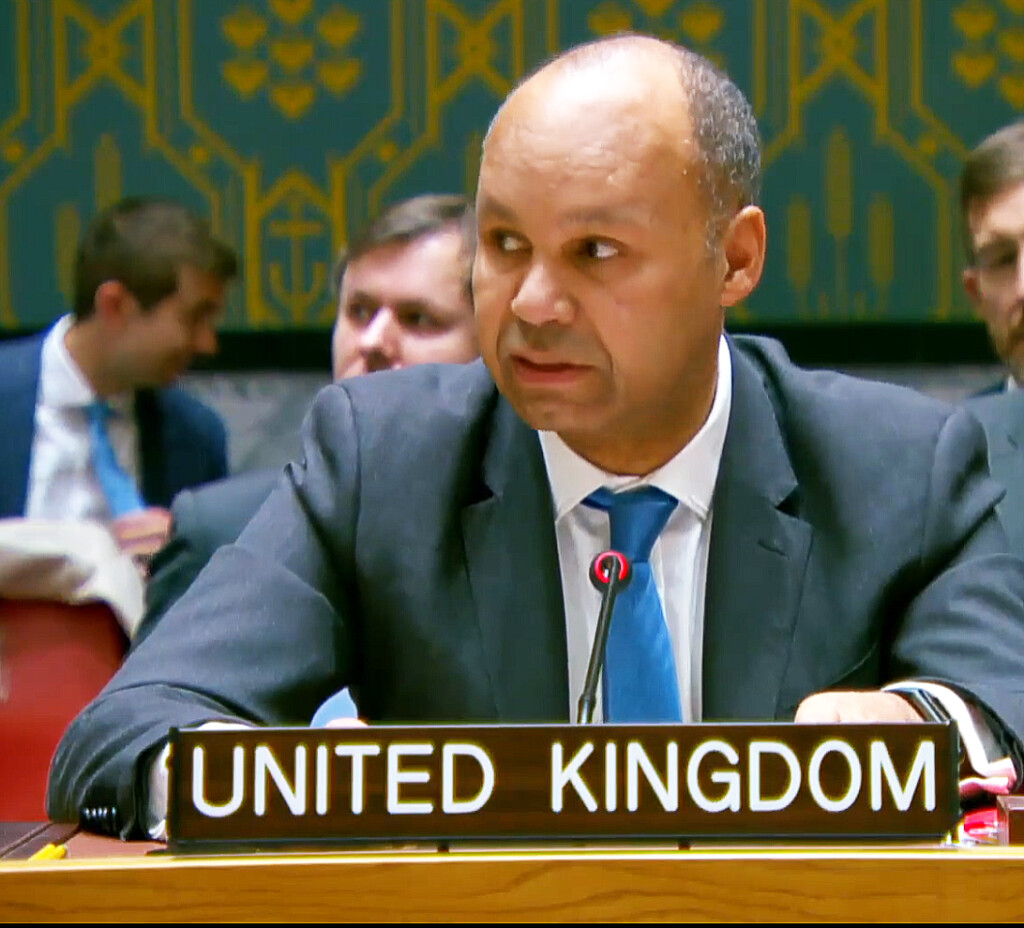
As the penholder of the resolution, UK Deputy Permanent Representative to the UN James Kariuki, noted that his delegation would not have chosen to close the mission, and said it worked diligently to ensure the resolution lays down a plan to achieve an orderly transition as the mission winds down its activities. He reminded Sudanese authorities of their responsibility to ensure the safety of mission staff and the need for the UN and international community’s ongoing support in Sudan.
Other council members echoed the need for an orderly withdrawal of UNITAMS personnel and the sustained delivery of humanitarian aid to ease the enduring humanitarian crisis.
Russian Federation
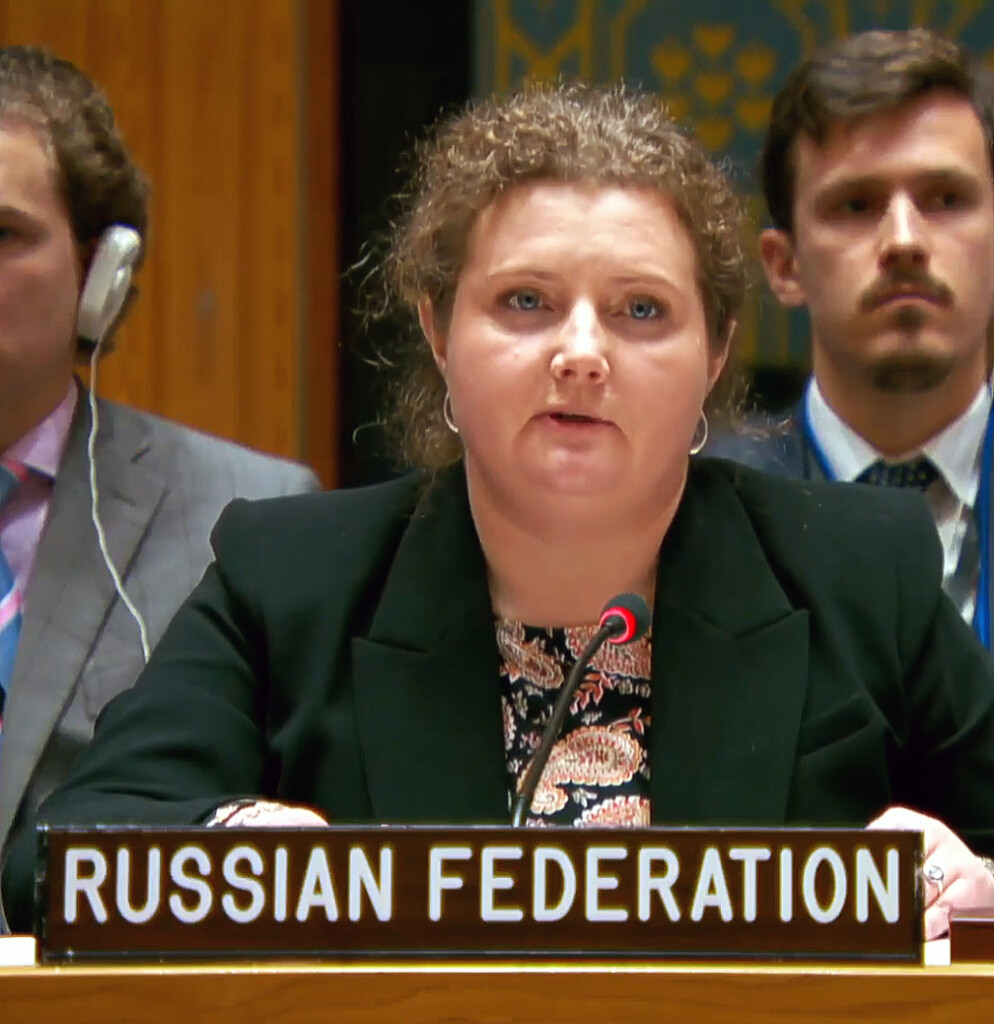
UN Anna M Evstigneeva addresses the UNSC (UNTV)
Explaining her delegation’s abstention from the vote, Deputy Permanent Representative of the Permanent Mission of the Russian Federation to the UN Anna M Evstigneeva, said the draft resolution did not include her country’s main concerns. “The mission did not manage to carry out tasks put before it, as it started working in the interest of only one political group that does not enjoy the support of Sudanese society,” Evstigneeva told the UNSC.
USA
Speaking on behalf of the USA, the Alternate Representative for Special Political Affairs in the United Nations, Robert A Wood expressed concern that “the lack of international presence in Sudan will embolden the perpetrators of atrocities and increase the growing risk of spillover conflict in the region”. Wood pointed out that “as of October, more than 10,500 civilian deaths have been reported,” also pointing to the large numbers of internally displaced people as well as those who fled the country.
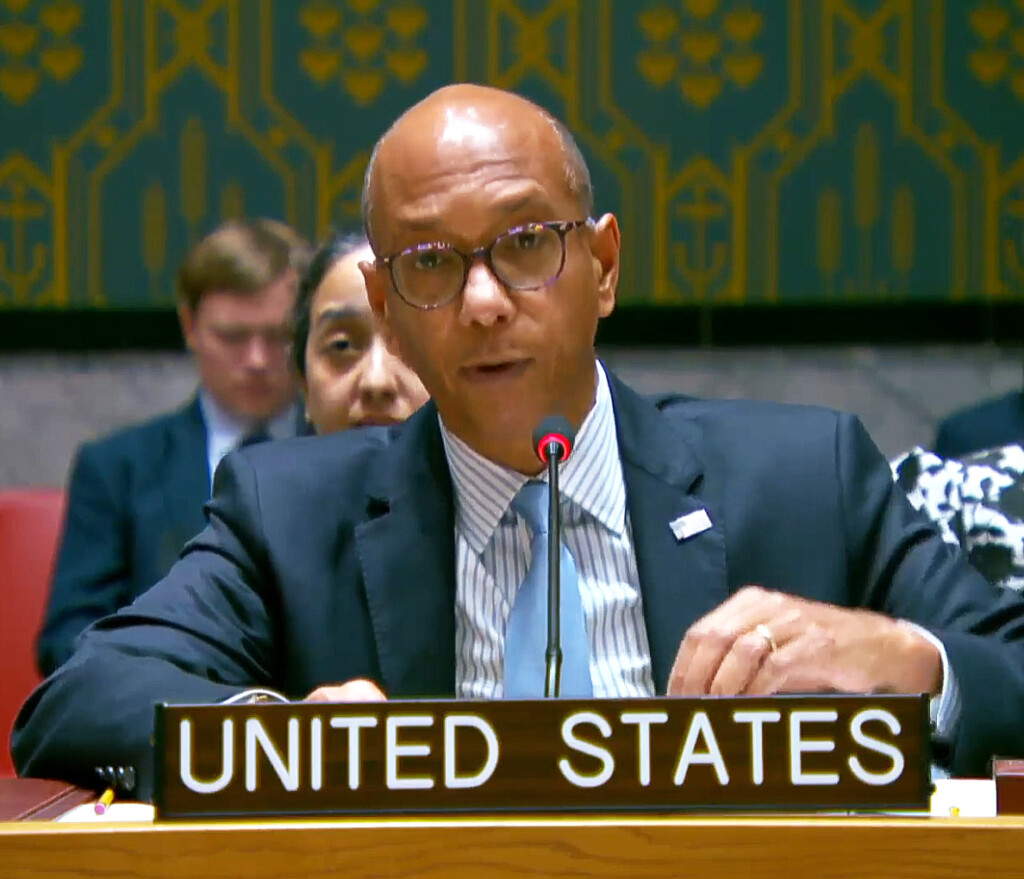
“There are also reports of continued atrocities, including killings on the basis of ethnicity as well as targeted attacks on human rights defenders, which are ominous reminders of the 2004 genocide. The belligerents, particularly the Rapid Support Forces, are involved in the majority of these violations, including the abuse of children’s rights through sexual violence and forcible recruitment. Throughout the debate over this resolution, his delegation put forth common sense recommendations to extend the mission’s mandate and enable a thorough strategic review of the mission. However, the narrow demands of Sudan’s military government were placed ahead of the needs of its people, he said.
Orderly wind-down
The UNSC will be looking to avoid a repeat of the chaos that followed the draw-down of the former African Union-United Nations Hybrid Operation in Darfur (UNAMID) peacekeeping mission in 2021, after the practicalities of the handover of UNAMID sites and facilities did not always go as planned.
On June 5 2021, two people were killed and eight others sustained injuries when a former UNAMID site in Shangil Tobaya south of the North Darfur capital El Fasher was looted. The site, handed over to the government of Sudan on May 25, was the last of 14 deep field sites handed over to the Sudanese government. At the time, the North Darfur government and the Sudanese government’s joint task force strongly reconfirmed their commitment to ensure civilian use of the former site.
After the mission ended its mandate at the end of 2020, various former UNAMID sites handed over to local authorities to be used as schools or training centres, were looted. In February 2021, a site in North Darfur’s Saraf Omra that was earmarked for use as a vocational training centre was looted and ‘levelled’ just weeks after it was handed over to the Sudanese government.







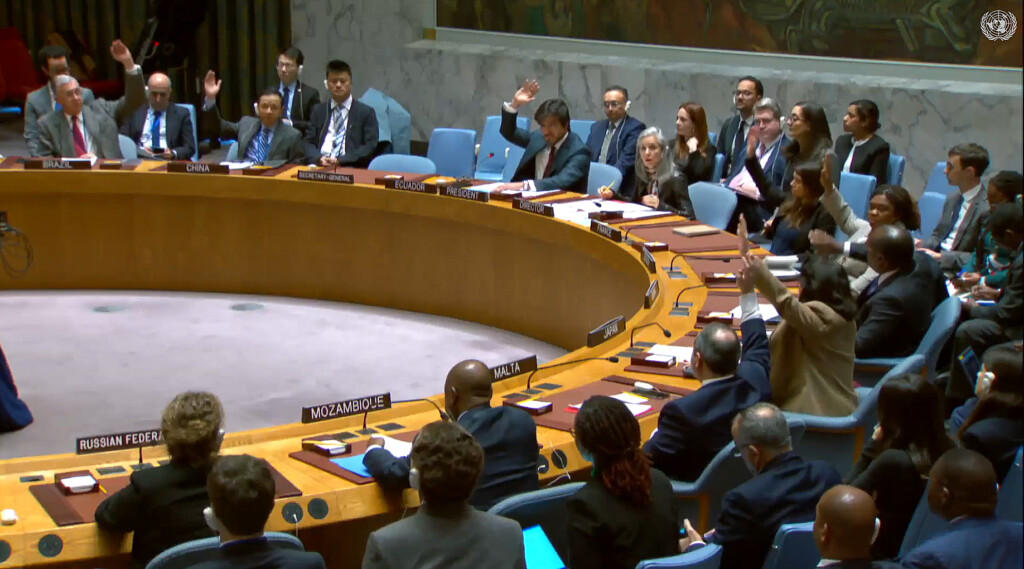


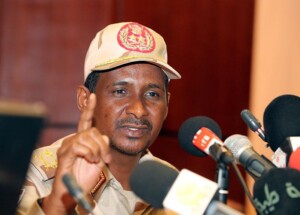

 and then
and then